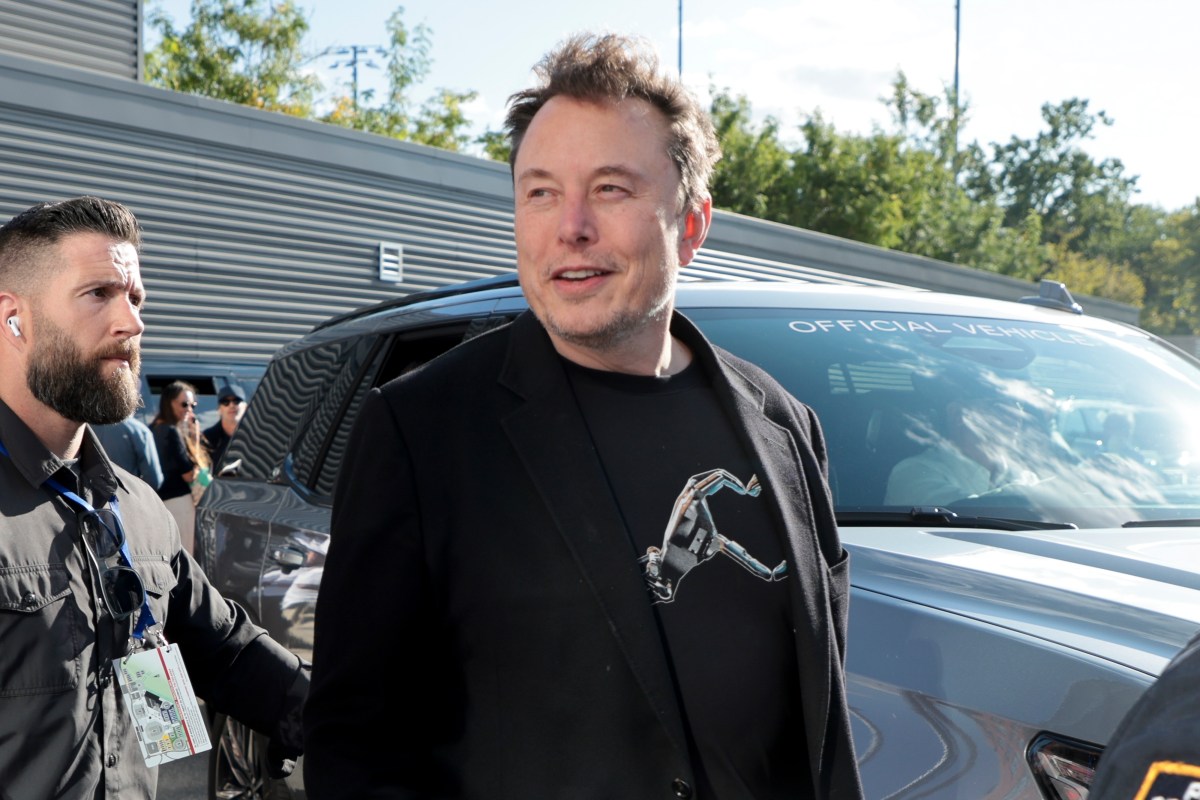Tesla’s Record Quarter Highlights AI Push and Compensation Controversy

Key Points
- Tesla delivered a record number of vehicles in the quarter, driven by U.S. demand before the EV tax credit expired.
- Quarterly profit fell sharply from a year earlier due to higher operating expenses and restructuring charges.
- Spending on AI, full‑self‑driving development and the Optimus robot contributed to a 50 % rise in operating costs.
- Elon Musk highlighted plans for a robotaxi network and the start of third‑generation Optimus production next year.
- Tesla is seeking shareholder approval for a $1 trillion compensation package that would give Musk expanded voting control.
- Advisory firms have recommended against the compensation plan, but past shareholder support suggests it may pass.
- Capital expenditures are expected to increase substantially as the company scales AI and robotics initiatives.
Tesla posted a record‑high vehicle delivery figure for the quarter, driven by strong U.S. demand as the federal EV tax credit expired. Despite the sales surge, profit fell sharply from a year earlier, pressured by higher operating costs tied to AI research, robotics development and restructuring charges. CEO Elon Musk used the earnings call to stress the company’s long‑term focus on full‑self‑driving, a robot‑taxi network and the Optimus humanoid robot, while also defending a proposed $1 trillion compensation package that would give him expanded voting control. The mix of short‑term sales strength and long‑term strategic bets created a volatile outlook for investors.
Record Deliveries Amid a Tough Profit Landscape
Tesla announced that it shipped a record number of vehicles in the most recent quarter, with U.S. buyers sprinting to purchase before the federal electric‑vehicle tax credit expired. The surge lifted automotive revenue to its highest level in more than a year. However, the company’s net profit dropped significantly compared with the same period a year earlier, reflecting a sharp rise in operating expenses.
Rising Costs Linked to AI, Robotics and Restructuring
Operating costs rose about 50 % versus the prior year, driven by increased spending on artificial‑intelligence initiatives, research and development for new technologies, and a series of restructuring charges. The restructuring expenses were not fully explained, but analysts linked them to recent strategic shifts, including the shutdown of a long‑running Dojo supercomputer project. Additional headwinds such as tariff impacts further eroded earnings.
Musk’s Vision: Full‑Self‑Driving, Robotaxis and Optimus
On the earnings call, CEO Elon Musk emphasized that Tesla is at a pivotal inflection point as it integrates AI into real‑world products. He outlined plans to scale full‑self‑driving capabilities, launch a robotaxi service and advance the Optimus humanoid robot, which Musk envisions as a future “robot army.” Production of a third‑generation Optimus is slated to begin in the first quarter of next year, though Musk acknowledged the technical challenges involved.
Compensation Package and Governance Stakes
Concurrent with the financial results, Tesla is seeking shareholder approval for a $1 trillion compensation plan that would grant Musk a massive block of voting power. Advisory firms have recommended against the package, but past shareholder support suggests it may pass. Musk argued that the voting control, rather than the monetary value, is essential for executing his long‑term AI and robotics strategy.
Outlook and Investor Sentiment
While the record delivery numbers provide a short‑term boost, the company faces heightened expectations for capital expenditures tied to AI, robotics and autonomous‑vehicle projects. CFO Vaibhav Taneja warned that spending would increase substantially in the coming year. The blend of strong sales, rising costs and governance controversy creates a mixed outlook, leaving investors to weigh immediate performance against ambitious, long‑term bets.